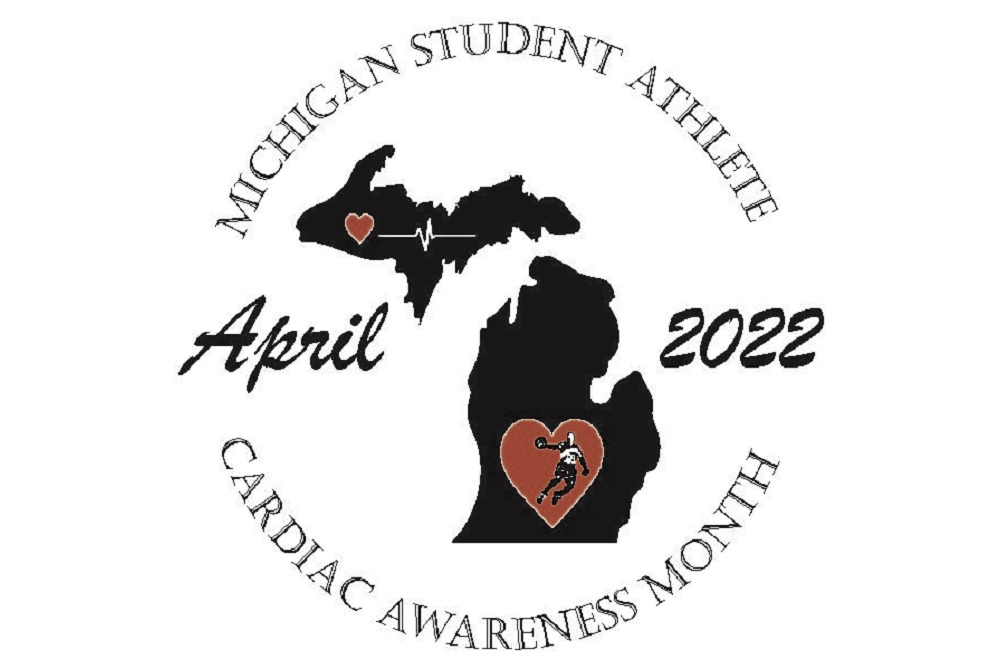
Health Tip: Game Day Nutrition
September 24, 2019
 By Nick Parkinson, M.Ed., ATC, AT
By Nick Parkinson, M.Ed., ATC, AT
Henry Ford Health System
Parents, you know how important it is for your student athlete to be well-rested, well-fueled and well-hydrated. Just like a car needs gas, their bodies needs food.
So, whether they’re doing an intense workout during practice or competing in a strenuous game, it’s crucial for them to be properly hydrated and nourished, both before and after, so they can perform their best and recover properly.
Pre-Training Nutrition
The most important part of pre-training nutrition is making sure your child’s food choices give them the healthy energy boost they need for the type of physical activity they’re engaged in, and not a just quick sugar rush.
Carbohydrates may have a bad reputation, but they’re actually the body’s main source of energy. Before a workout, a healthy snack is a great idea. The trick is to eat far enough in advance to be able to digest before being active.
To ensure proper digestion while fueling up, follow these tips:
If there’s less than two hours until go time, try a quick snack like a banana, apple, or a small bowl of Greek yogurt with granola and fruit.
Have a little time to spare? You could try a brown rice bowl with sautéed vegetables or a cup of oatmeal topped with fruit.
Either way, carbs will fuel the body so your child can perform at his or her peak.
Post-Training Nutrition
After an intense workout or game, your child’s body is depleted of its nutrients. It needs to be recharged, which means eating carbs, fats and proteins. The word “fats” tends to scare people, but they’re actually a crucial component in building muscle and recovering.
After an event where your athlete worked out hard, encourage your child to eat something that includes multiples food groups. Try something simple like avocado or peanut butter toast, hummus with veggies and whole-wheat pita, or even a smoothie.
Hydration No Matter What
Regardless of the intensity of the workout, the most important thing is to keep your kid hydrated before, during and after.
It is recommended to top off water intake approximately two hours before any physical activity. Then, athletes should continue hydrating throughout. And while there are many sports drinks to choose from, the healthiest option is water. If you want to add some fun (and natural) flavors to them, try infusing with fruits and/or veggies.
Want to learn more? Henry Ford Health System sports medicine experts are treating the whole athlete, in a whole new way. From nutrition to neurology, and from injury prevention to treatment of sports-related conditions, they can give your athlete a unique game plan.
Visit henryford.com/sports or call (313) 972-4216 for an appointment within 24 business hours.

HEARTSafe School Video Contest to Assist in Promoting Cardiac Awareness Month
By
Geoff Kimmerly
MHSAA.com senior editor
April 19, 2022
April is Michigan Student Athlete Cardiac Awareness Month, and the Kimberly Anne Gillary Foundation is partnering with the MHSAA to promote cardiac awareness – and providing an opportunity for students to join the effort and earn $5,000 for their school.
Michigan has lost at least 81 students to sudden cardiac arrest (SCA) and related causes since 1999, according to data compiled by the Kimberly Anne Gillary Foundation. Randy and Sue Gillary lost their daughter Kimberly to a cardiac arrest in a high school water polo game in April of 2000.
 The MI HEARTSafe School Video Contest will promote student-produced videos highlighting the importance of Michigan schools becoming a Mi HEARTSafe school. The winning entry will be chosen by Kimberly Gillary’s three sisters and will receive $5,000 for the winner’s school. Entries are due May 13; see the Kimberly Anne Gillary Foundation website for details.
The MI HEARTSafe School Video Contest will promote student-produced videos highlighting the importance of Michigan schools becoming a Mi HEARTSafe school. The winning entry will be chosen by Kimberly Gillary’s three sisters and will receive $5,000 for the winner’s school. Entries are due May 13; see the Kimberly Anne Gillary Foundation website for details.
Randy and Sue Gillary founded the Kimberly Anne Gillary Foundation, a 501 (c)(3) charitable foundation within days of losing Kimberly. The mission of the Foundation is to donate automated external defibrillators (AEDs) to Michigan high schools and to advocate cardiac screening and testing of Michigan high school student athletes.
A major drive of the foundation is for every Michigan school to become a MI-HEARTSafe School. This is a designation given by the Michigan Department of Health and Human Services (MDHSS) when a school has met the criteria to demonstrate it is prepared to respond to a cardiac emergency on school property. Schools receive a banner and other materials that can be displayed in the school to let those who attend and visit know that the school is a MI-HEARTSafe School.
“The goal of our Foundation is to try to prevent other parents from going through what we went through with the loss of our beloved Kimberly,” Randy Gillary said. “We are proud to be partnering with the MHSAA in promoting cardiac awareness for Michigan’s student athletes. The MHSAA has been a leader in helping to change the culture in the state of Michigan to make our Michigan high schools more focused on being prepared to respond to a cardiac emergency on school property.
The Kimberly Anne Foundation has raised more than $1.68 million and has donated more than 825 AEDs to Michigan high schools.
“We believe that the vast majority of Michigan high schools now have at least one AED,” Randy Gillary said. “Most high schools did not have an AED when we lost Kimmy in 2000. Michigan high schools are now in a much better position to respond to the sudden cardiac arrest of a student athlete. AEDs donated by the Kimberly Anne Gillary Foundation to Michigan schools have been used to provide defibrillation shocks to save at least nine lives.”


